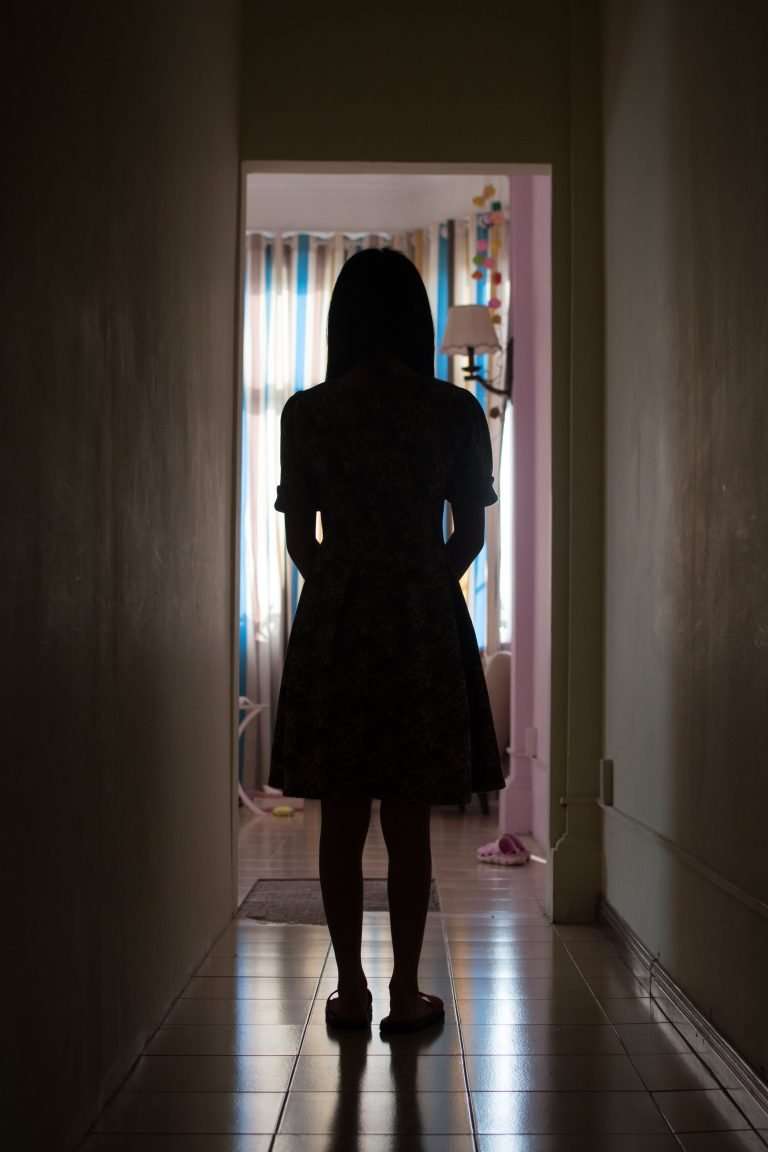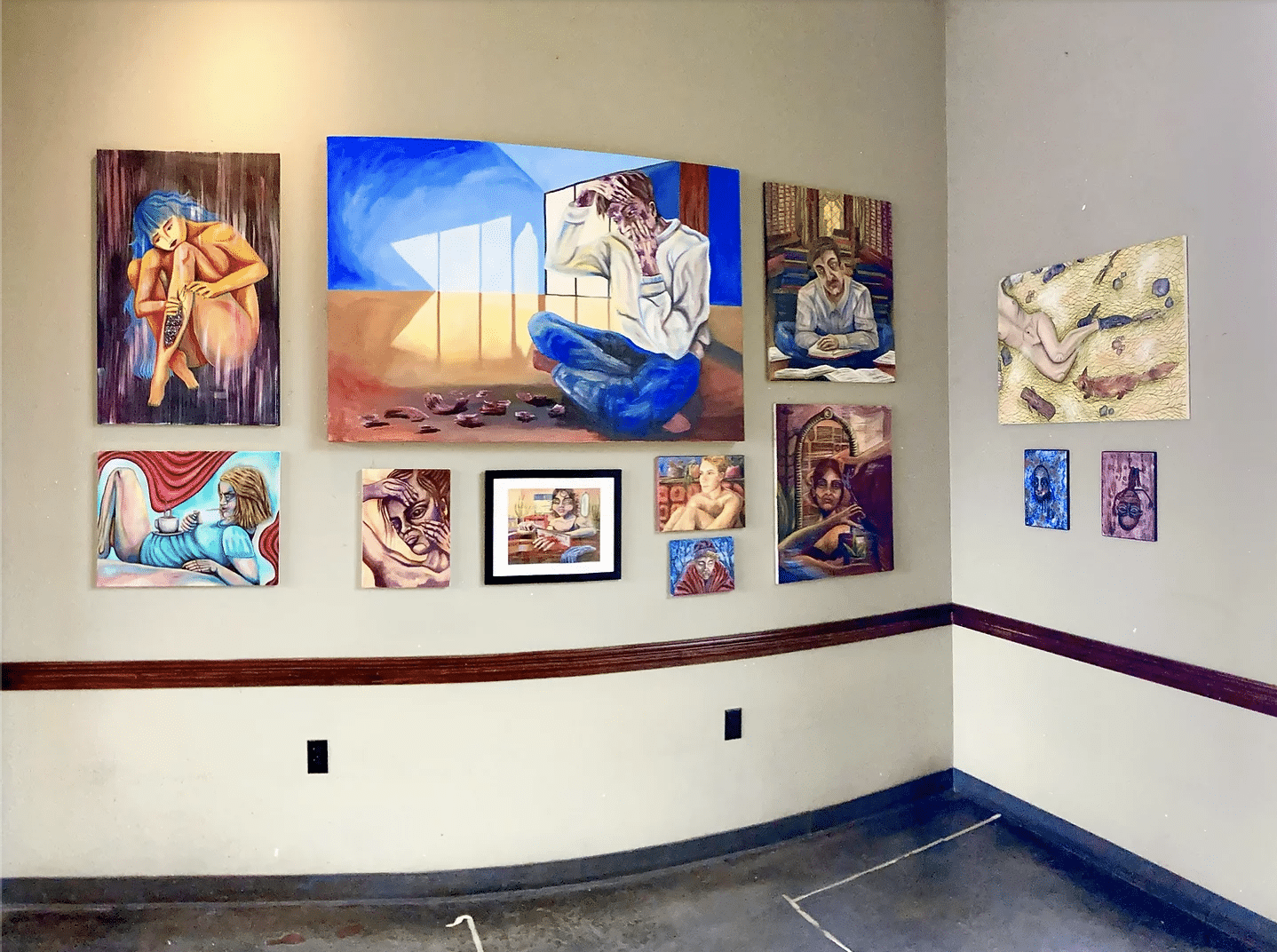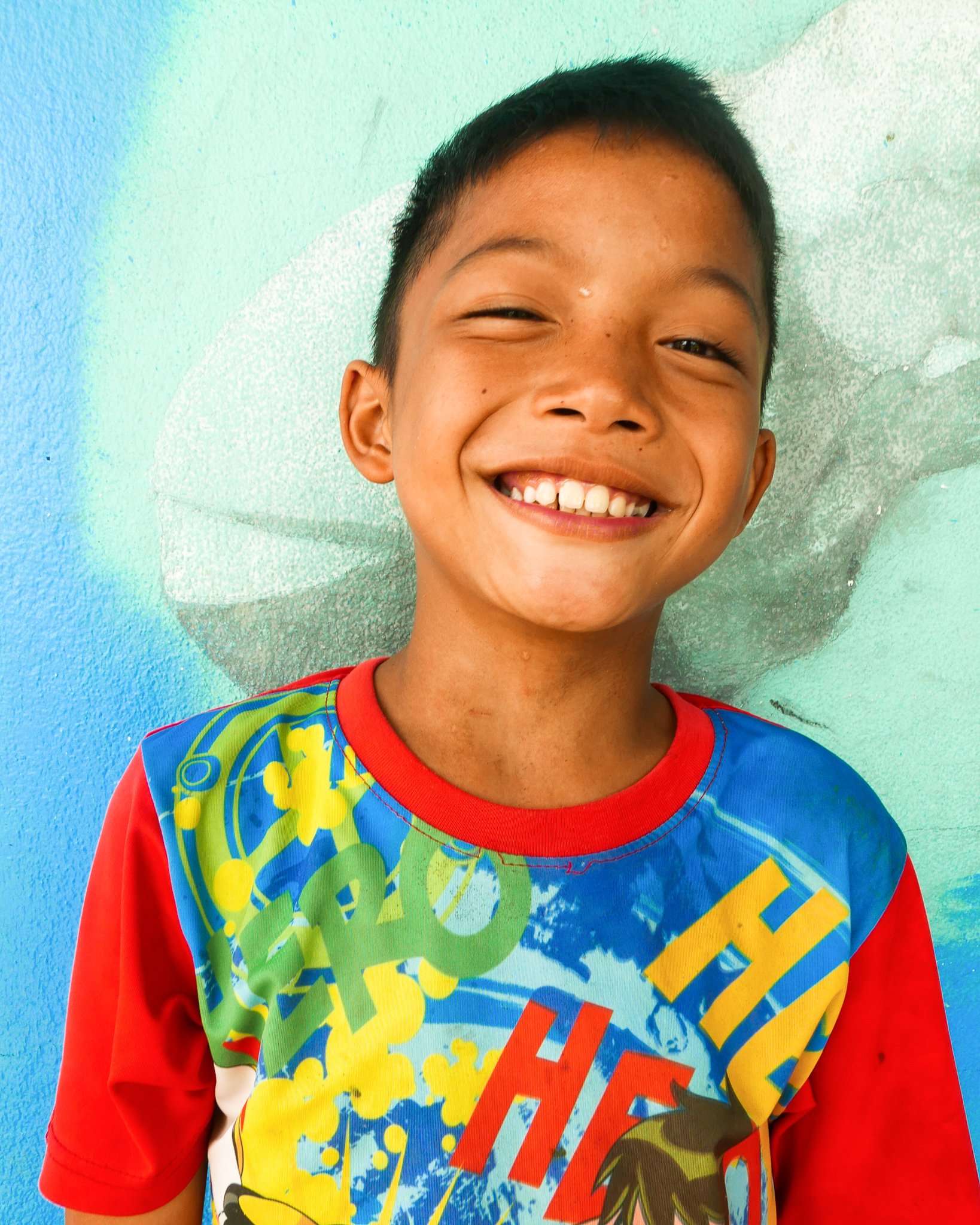The Prevention of and Fight against Crime Programme of the European Union funded Not For Sale to create Awareness Guidelines for companies wanting to help stop forced labor and human trafficking
Companies, reaching billions of consumers each day, can play a crucial role in raising awareness and educating consumers about human trafficking. Their messages transcend geographical borders and cultural barriers, and reach areas where television and internet have not yet traveled — areas where trafficking can be most prevalent. Internally, corporations are incubators of innovative and continued learning. They are experts on efficiently educating large numbers of people from various backgrounds. This expertise, combined with their communication reach, makes companies uniquely positioned to build understanding of what human trafficking is and how it can be addressed.
The aim of these Awareness Guidelines is to be a tool for companies that wish to support the fight against human trafficking by raising awareness among consumers and employees. The guide provides examples of how businesses can communicate externally about trafficking through product packaging, social media, endorsement, campaigns, and in-store communication. It also highlights examples of how companies can work to educate employees internally by offering online training, organizing internal workshops, and participating in external forums. Each area is illustrated by an example of how companies work, or have worked, to raise awareness about human trafficking.
Download the Awareness Guidelines
Click a hashtag to find more content:



